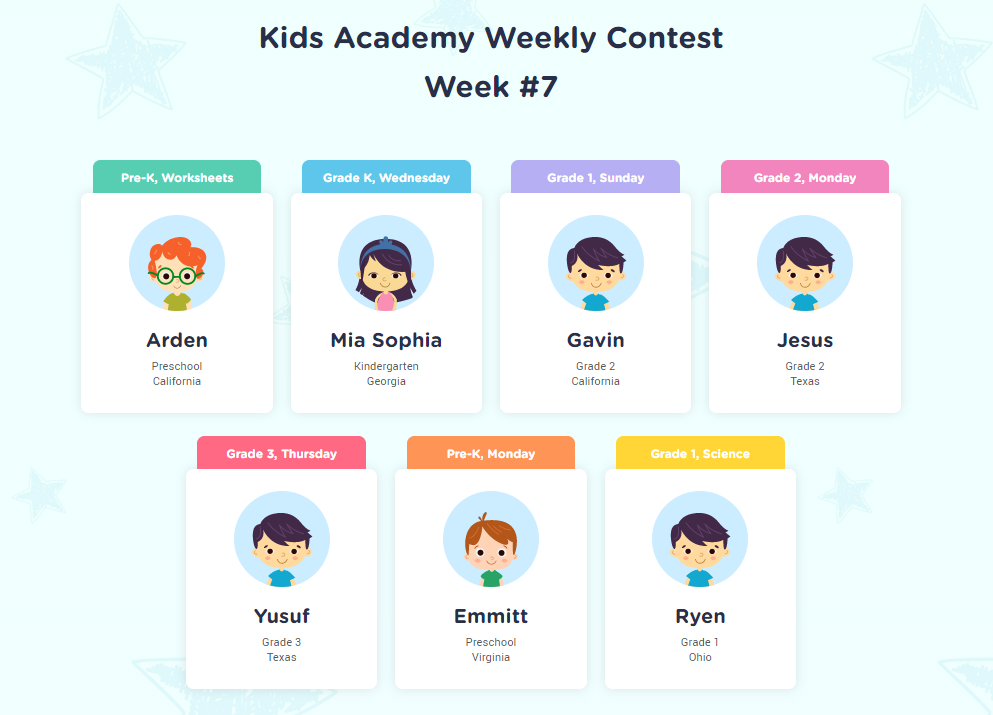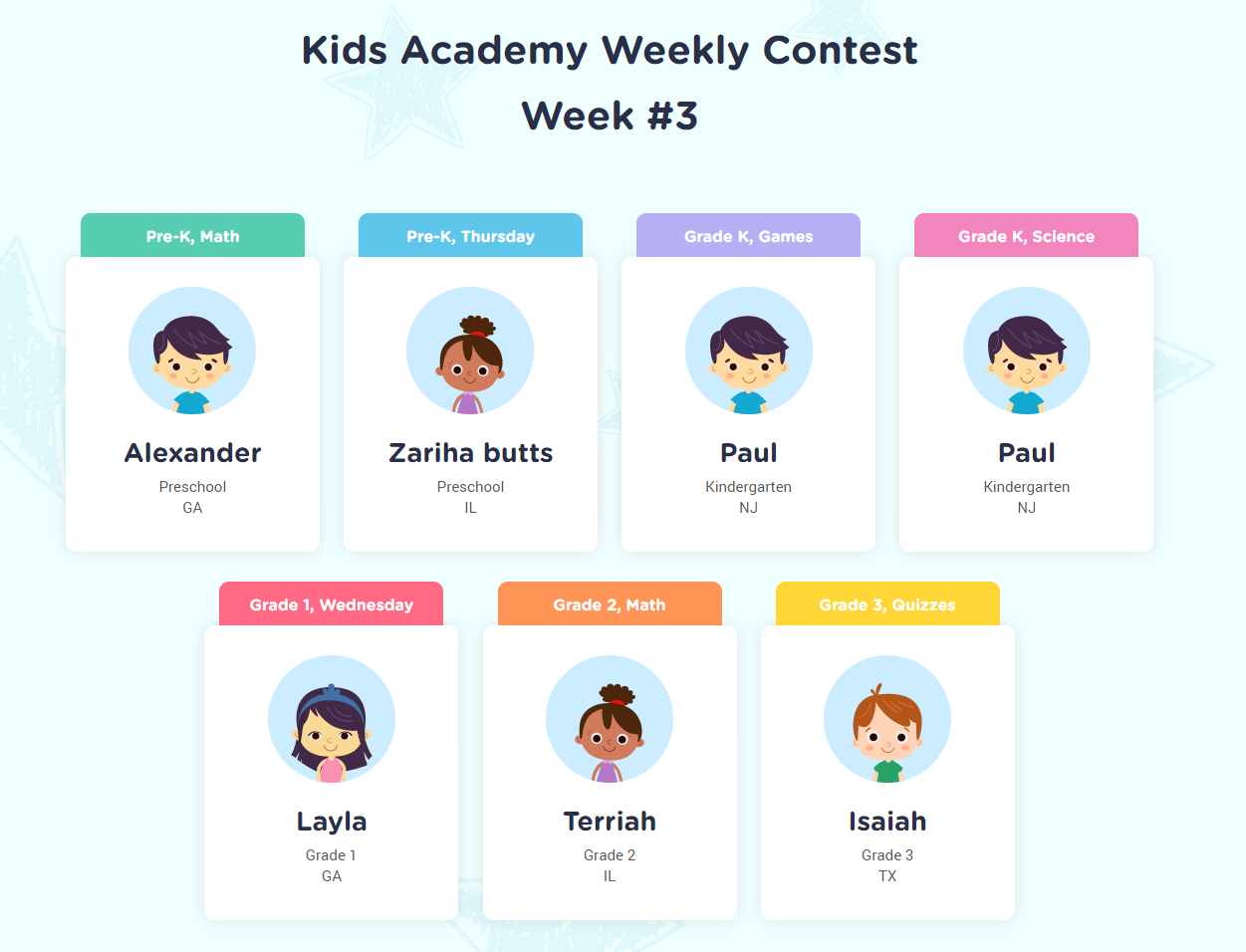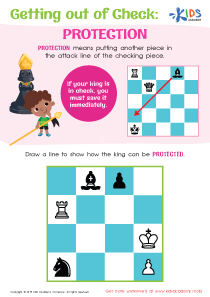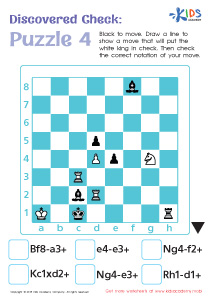Critical thinking development Chess Worksheets
5 filtered results
-
From - To
Enhance your child's critical thinking skills with our engaging Critical Thinking Development Chess Worksheets. Specifically designed for young learners, these worksheets incorporate fun chess-themed puzzles and challenges that encourage strategic thinking, problem-solving, and decision-making. As children explore various chess scenarios, they develop essential cognitive skills in a playful way. Ideal for at-home learning or classroom activities, our printable resources are easy to use and cater to various skill levels. Foster your child's appreciation for both chess and critical thinking today! Dive into our collection of worksheets and watch your little one evolve into a strategic thinker, all while having fun with chess!
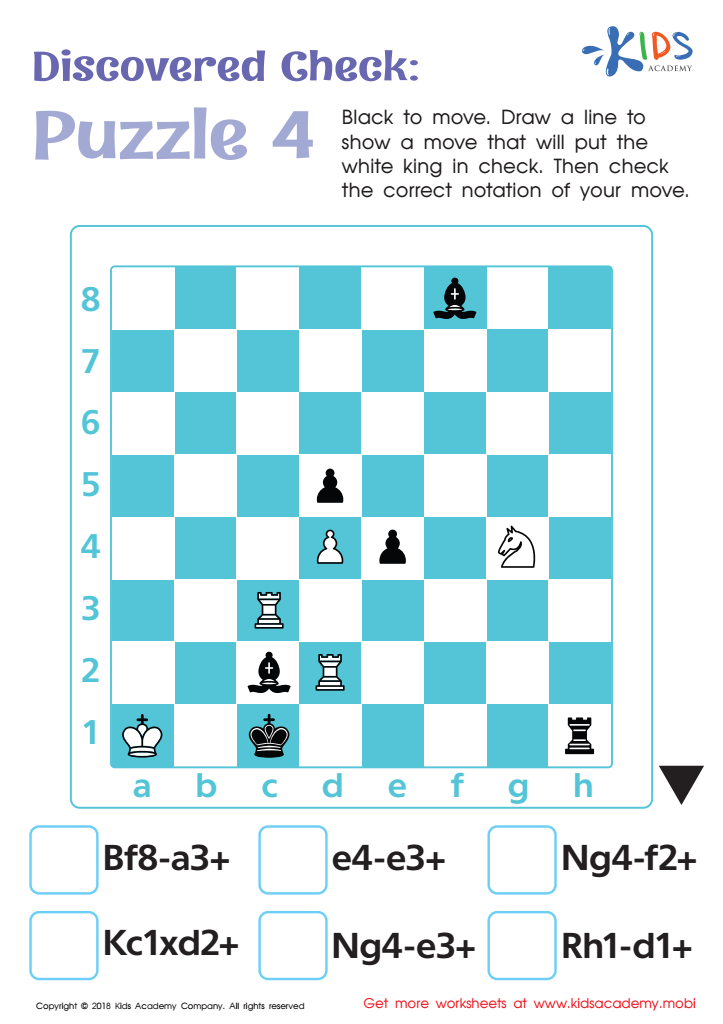

Discovered Check: Puzzle 4 Worksheet
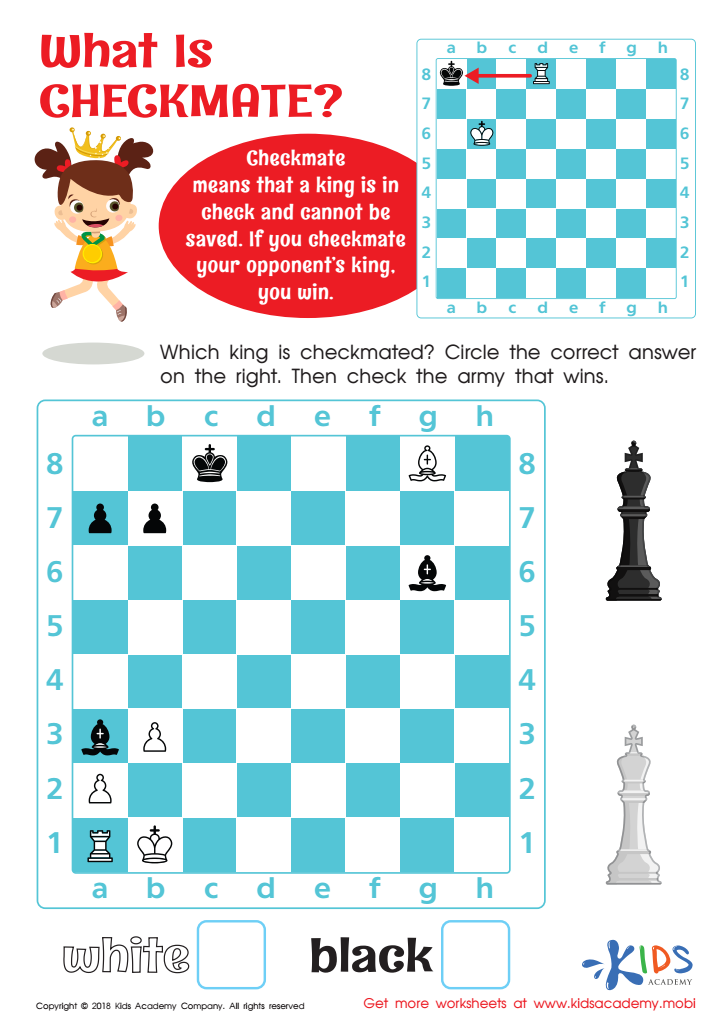

What is Checkmate? Worksheet
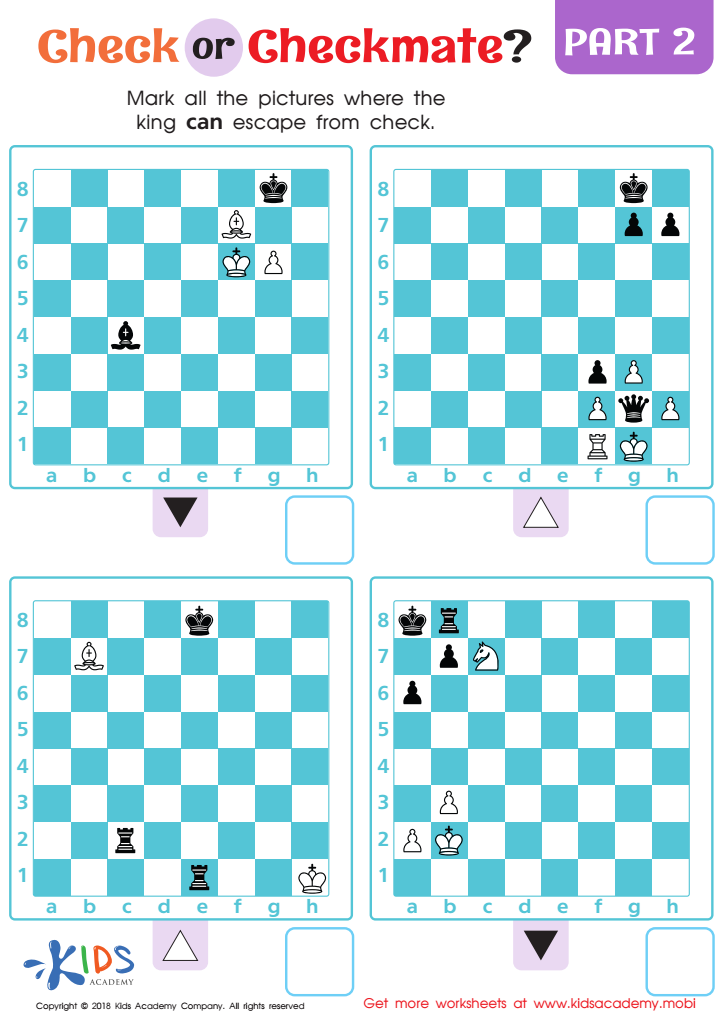

Check or Checkmate: Part 2 Worksheet
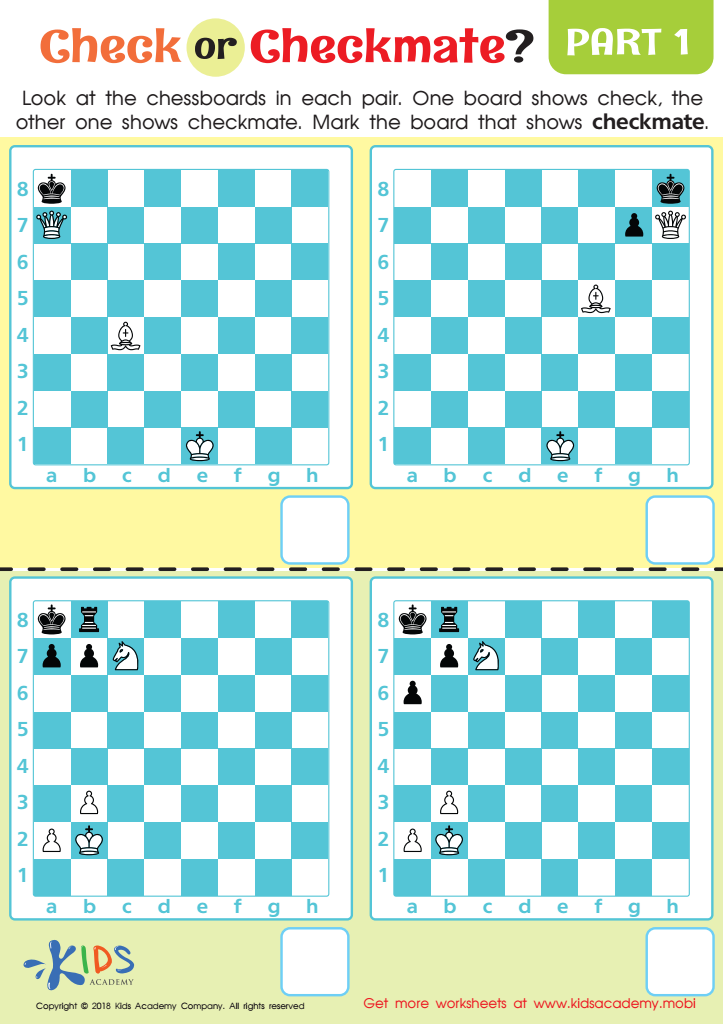

Check or Checkmate: Part 1 Worksheet
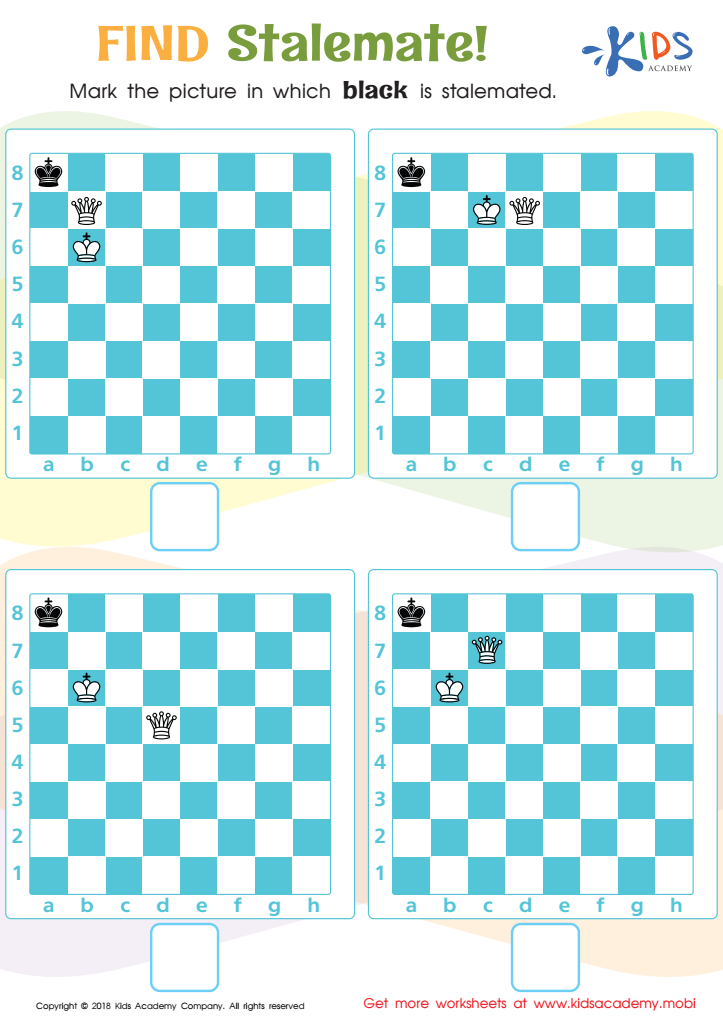

Find Stalemate! Worksheet
Critical thinking is an essential skill that enables children to analyze, evaluate, and synthesize information before arriving at conclusions. Chess, as a strategic game, plays a pivotal role in the development of this skill. When parents or teachers promote chess, they are encouraging children to engage in higher-level thinking and complex problem-solving.
First, chess requires players to plan ahead, anticipate the opponent's moves, and make strategic decisions based on incomplete information. This practice enhances cognitive abilities, such as logical reasoning and pattern recognition. The iterative nature of the game also teaches children to learn from mistakes, fostering resilience and a growth mindset.
Moreover, chess promotes patience and self-discipline, qualities that are vital in today's fast-paced world. As children contemplate various moves, they cultivate the capacity to weigh options and consider consequences, skills that translate well to academic and real-life situations.
By supporting chess education, parents and teachers can create an environment where critical thinking flourishes, preparing children for future challenges. Ultimately, integrating chess into learning frameworks lays the groundwork for confident, thoughtful leaders who navigate complexities with ease.


 Assign to My Students
Assign to My Students






